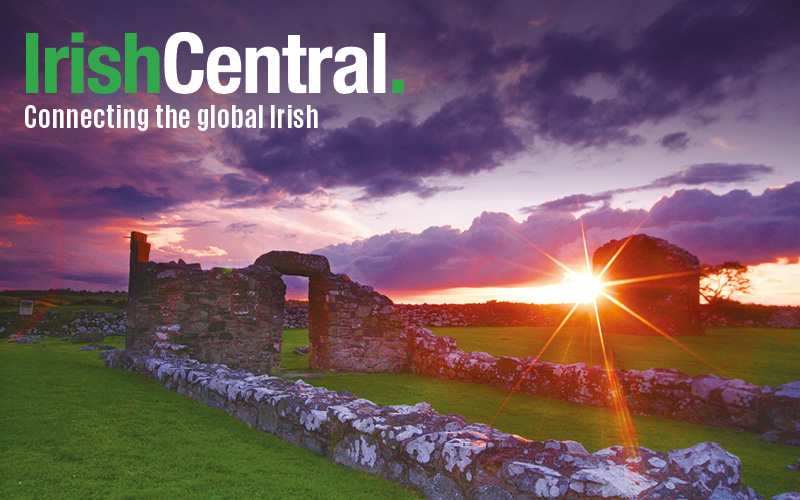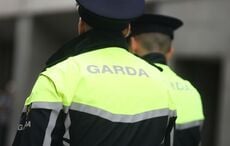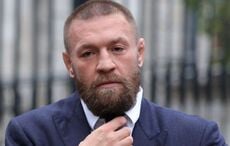The British soldiers who killed 14 people on Bloody Sunday in Derry may be arrested and charged with murder or attempted murder.
The Sunday Times of London report says that up to 20 retired soldiers are likely to be arrested and questioned by police for murder, attempted murder or criminal injury over the shootings more than 40 years ago.
Britain’s Ministry of Defence has already started to hire lawyers to represent the soldiers, most of whom are now in their 60s and 70s.
They will be questioned under criminal caution about their roles in the shootings when soldiers who opened fire on participants in a Civil Rights march.
The British Army troops who killed the 14 Bloody Sunday victims may face prosecution in a trial which the paper says will reopen wounds from one of the most notorious incidents in the history of the Troubles.
The move comes three years after the 12-year inquiry by Lord Saville into the shootings produced its report.
The Saville Report concluded that all those shot by paratroopers during a Catholic civil rights march in the nationalist Bogside area of Derry in January 1972 were unarmed. It said the killings were both ‘unjustified and unjustifiable’.
The enquiry said the army had lost control of the situation, that the soldiers had fired first and some of them had then lied to cover up their culpability.
After the report was published, British Prime Minister David Cameron issued a formal apology to the families on behalf of the nation.
The Sunday Times reports that a source close to the police who has seen government files has confirmed the possibility of court action against the soldiers.
The source said: “This is the beginning. It is the first time the soldiers will have been interviewed formally by police as part of a murder investigation. It is possible that some of the soldiers will be prosecuted.
“Interviews under police caution are expected imminently.”
A spokesman for the Police Service of Northern Ireland (PSNI) told the paper that the time scale might be longer.
The spokesman said: “Preliminary work has begun into what will be a lengthy and complex investigation into the events of January 30, 1972.
“For the investigation to be as comprehensive and effective as possible, police will be asking for public support in the form of witnesses who gave evidence to the Saville inquiry now making statements to detectives.
“This is because police are precluded from using Saville testimony in a criminal investigation.”
The Saville inquiry found that 26 soldiers, including privates, corporals, lance corporals and sergeants had opened fire on Bloody Sunday, although not all of them hit marchers.
It said two soldiers, identified only as Lance-Corporal F and Soldier G, probably shot ‘eight or 10 people’.
The paper says most are still alive but their names have never been made public to protect them from reprisals.




Comments